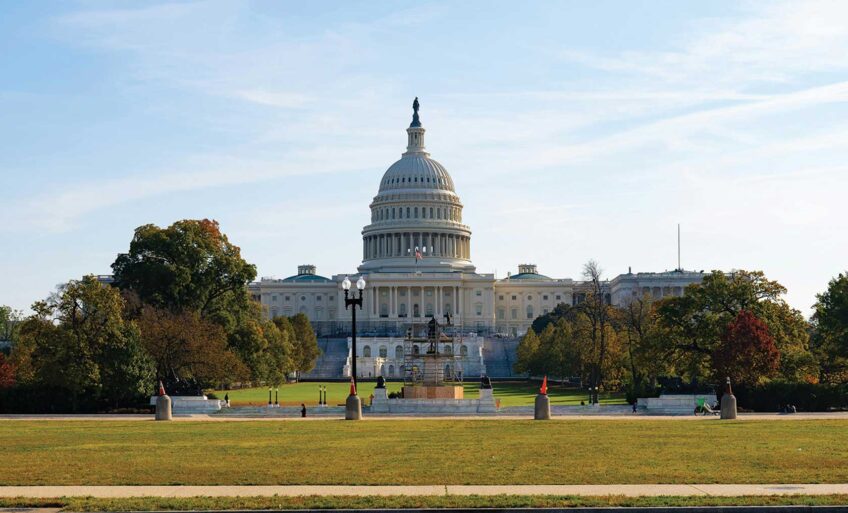
As we move into a state of uncertainty amid the coronavirus pandemic, schools are closing through April vacation, the court system has stopped pending evictions and even corporations like Comcast are stepping up to offer low cost internet access to communities as they become home bound.
The response of Governor Baker’s Department of Elementary and Secondary Education (DESE) is very different for the Boston Public Schools. State Education Commissioner Jeff Riley responded by pushing forth a vague memorandum of understanding with BPS, with the details to be worked out in the next 60 days. Why the need to sign a vague “agreement” in the midst of a pandemic?
DESE released a report this month that shared many of the disparities and needs that advocates have been saying for years. What was conveniently ignored was that advocates have also been saying that the state needs to do its part by investing in BPS over the current 4% it provides in resources. With the DESE threatening receivership, BPS and DESE sent out a press release claiming they had come to an agreement where DESE would invest an additional $4 million and pick 15 East Boston and Charlestown schools that would be forced into the state’s Kaleidoscope Collective for Learning cohort. Is this an Empowerment Zone by a different name?
Rather than giving BPS time to figure out what to do to respond to the pandemic crisis, DESE has sunk its teeth in at a time when what is needed is a focus on figuring out how to even get food to families. This is happening as the much-needed Student Opportunity Act funds to support low-income students have been delayed in Governor Baker’s budget. How are we to believe that the state will suddenly care about our most vulnerable students when it has not pushed forth the funds written into law to provide resources to them?
Neither nonprofit nor foundation, Kaleidoscope Collective for Learning has little to no information available online. Until now, the schools that are a part of the collective have chosen to be a part of it, whereas Charlestown and East Boston school communities are being mandated to join. Of the 15 named schools, only 3 are in the 34 lowest performing schools. Why the focus on schools that are not being identified as the “lowest performing?” The selection of a mostly low-income Latino community to force into a vague experimental network is another attempt to specifically hurt low-income Latino immigrants who are already being moved out of their homes because of gentrification. The Commissioner would never have dared to order wealthy suburban schools to take part in this experiment without even asking what they thought about it.
DESE also does not have a glowing record of supporting schools with higher levels of vulnerable students. The Dever school in Dorchester has remained under state receivership since 2014. Prior to the receivership, the Dever was majority Latino students, 37% of the teachers were Latino, and it had one of the few dual language programs in BPS. DESE created rotating leadership changes, which at one point was Jeff Riley, the Commissioner overseeing BPS’ agreement. The Dever now has no dual language program, and the 37% of Latino teachers has turned in 15%. Is this what we want for our Latino families in East Boston?
The Boston Education Justice Alliance (BEJA) calls for a freeze on carrying out the memorandum of understanding until parents, students and communities have a chance to provide input, and at the very least until schools are reopened. That should be a no-brainer if the state and BPS want to cultivate trust and support healthier family engagement. Because the implications of this memorandum change the control of BPS, the timing of this agreement, when schools are shutting down for a pandemic, is outrageous.
There is no realistic way that BPS can improve outcomes for students when we embark on six weeks of school buildings being closed. The details of the MOU will be worked out over the next 60 days, so why not wait to sign a detailed agreement when we are not in the midst of a pandemic and the agreement has been thoroughly vetted?

Boston Education Justice Alliance Executive Director Ruby Reyes. BANNER PHOTO
Ruby Reyes is executive director of the Boston Education Justice Alliance.






